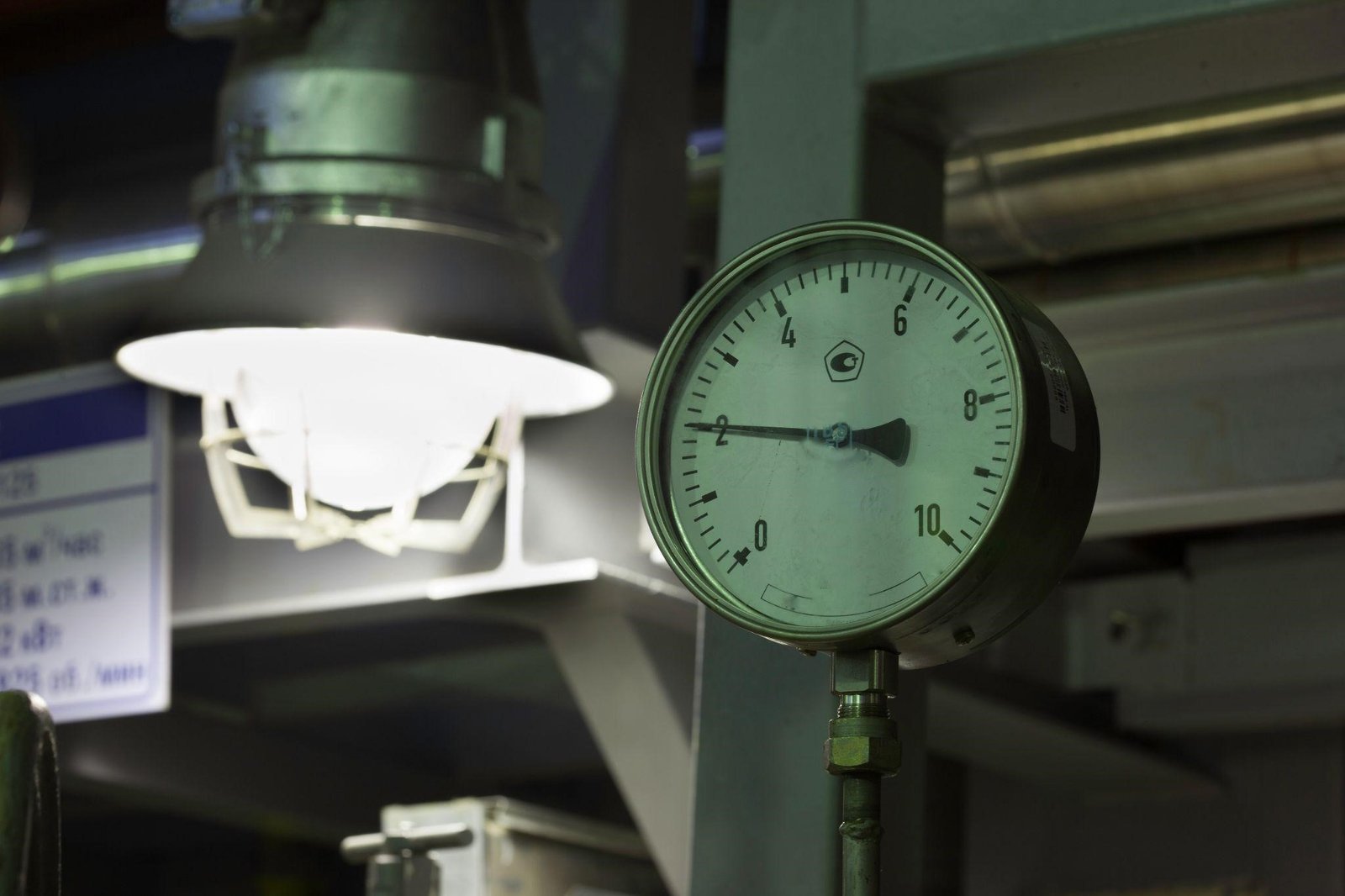Selecting the right industrial weighing scale for your business is no small task. With so many options on the market, it’s easy to feel overwhelmed. The truth is that choosing the wrong scale can lead to inaccurate measurements, wasted money, and operational headaches. Fortunately, with a little guidance, you can find a scale that fits your needs like a glove.
Here are some practical tips, sprinkled with personal anecdotes and local insights, to help you make the best choice for your business in Australia.
1. Understand Your Weighing Needs
Before buying industrial scales, consider the following: What exactly do you need the scale for? Is it for weighing bulk materials, monitoring crane loads, or precision measurement in manufacturing?
For example, a mate who works in logistics once bought a scale without considering the maximum load it needed to handle. They ended up with a system that couldn’t weigh their heaviest shipments, which cost them time and money. So, whether you’re in food production or transport, always start by defining your requirements, such as weight capacity, accuracy, and environment.
2. Consider the Scale’s Environment
Australia’s climate is unique, and it can wreak havoc on equipment if not properly accounted for. If you’re in a coastal area like Sydney, where Meltrons Australia is based, humidity and salty air can corrode standard equipment. In such cases, opting for stainless steel load cells is a must.
On the other hand, if your business operates in a warehouse in Melbourne or a mining site in the Outback, you might need a scale that can withstand dust, extreme heat, or heavy vibrations. Always match the scale’s durability to its environment.
3. Choose Between Analog and Digital Scales
This decision boils down to functionality and budget. Digital scales offer high precision, easy data transfer, and modern features like wireless connectivity. Analog scales, while simpler, can be more cost-effective and durable in rugged conditions.
A local butcher I know in Sydney swears by his digital scale for its quick calibration and integration with his inventory software. However, a mining company I worked with in Western Australia preferred analog crane scales for their reliability in harsh conditions.
4. Evaluate Ease of Calibration and Maintenance
Scales, like any equipment, need regular care to ensure accuracy. Some scales require frequent recalibration, which could be a hassle if your team lacks the expertise. Look for models with user-friendly calibration processes, or consider partnering with a company that offers maintenance services.
At Meltrons, we always emphasise the importance of proper maintenance. A simple routine check can prevent small calibration errors from snowballing into costly mistakes.
5. Prioritise After-Sales Support
A good scale isn’t just about the hardware—it’s about the service that comes with it. Does the company offer warranties, technical support, or repair services? Reliable support can make all the difference if you ever face issues.
Meltrons Australia, for example, prides itself on its customer service. Whether it’s a quick calibration query or a major repair, their team is always ready to help. For more information, you can visit here to explore their offerings.
6. Check for Compliance with Australian Standards
Did you know industrial scales in Australia must adhere to specific standards? The National Measurement Institute (NMI) regulates trade measurement equipment to ensure accuracy.
If your business sells goods by weight, ensure the scale is NMI-approved. Scales from Meltrons comply with Australian regulations, providing peace of mind for businesses operating within legal guidelines.
7. Test Before You Invest
Whenever possible, try before you buy. Visit a local supplier or request a demo to see how the scale performs under real-world conditions.
I recall visiting a warehouse in Sydney where the team tested several floor scales to find one that could handle their forklifts without tipping over. Hands-on testing saved them from purchasing the wrong equipment.
8. Think About Data Integration Needs
In today’s digital age, data is king. If you’re managing a busy operation, having scales that can integrate with your existing software can be a game-changer. For instance, inventory management systems can sync with digital scales to automate records and minimise human error.
A manufacturer in Sydney shared how upgrading to a scale with Bluetooth connectivity saved their team hours of manual data entry each week. If you’re looking for efficiency, features like USB or wireless compatibility are worth the investment.
9. Set a Budget, But Don’t Sacrifice Quality
While going for the cheapest option is tempting, remember that industrial scales are a long-term investment. Spending a bit more on a durable, high-quality scale can save you from costly replacements.
Think of it like buying a car. You wouldn’t skimp on essential features just to save a few dollars upfront. Similarly, choose a scale that offers the best value for your budget, keeping durability and functionality in mind.
Final Thoughts
Choosing the right industrial weighing scale doesn’t have to be daunting. By understanding your needs, considering your environment, and prioritising quality and support, you can find a scale that fits your business like a glove.
Whether you’re running a bustling Sydney warehouse or a remote mining operation, there’s a scale tailored to your needs. Remember, when in doubt, reach out to a trusted supplier like Meltrons Australia to guide you in the right direction.
Happy weighing!
You may also like to read:

